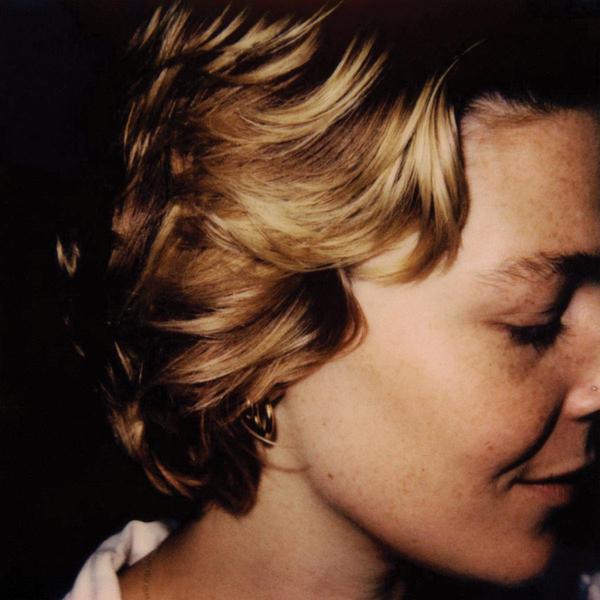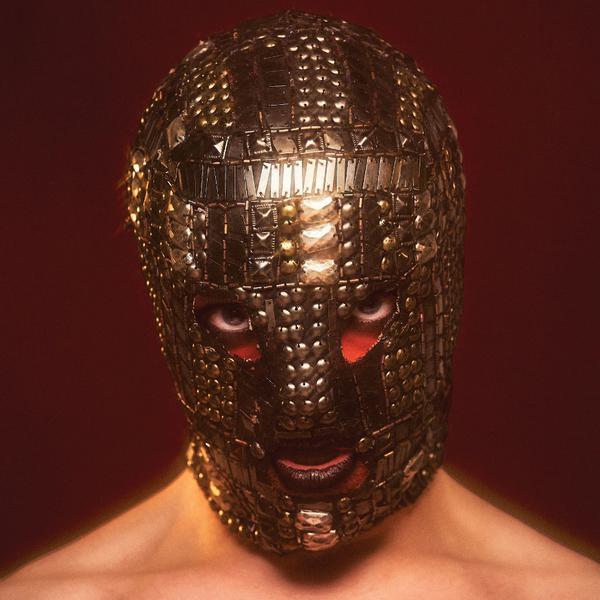Die Antwoord explore true affection on Mount Ninji and Da Nice Time Kid
"Mount Ninji and Da Nice Time Kid"
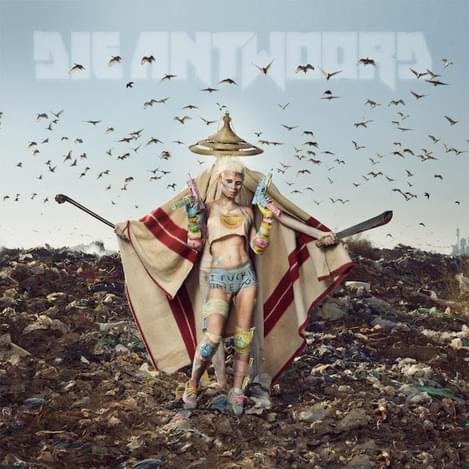
Embodying the Zef culture (think South African chav, or white trash) of their home-town, the trio possessed an underdog quality, an us-against-the-world mentality that was both endearing and admirable. There was also something exotic, something dangerous about them; Ninja, manic-eyed and well-endowed, Yo-Landi Visser nmyph-like and somewhat demonic, both providing the lyrics while DJ Hi Tek layered intentionally dated house beats behind their torrents of explicit posturing.
Three albums and a Hollywood movie later however, it's hard to get behind the idea of them as a real reflection of the South African working class, especially given their propensity for rapping about wealth and material gain, however tongue in cheek that may be. It's this undercurrent of irony that first gave the band their enigmatic appeal, and while aspersions were cast by the music press as to the legitimacy of Die Antwoord with each subsequent release, each release also saw their ever-growing legion of fans swell. In spite of this, the trio's garish rap-rave had begun to wear thin on the aforementioned critics, the danger of their early material lost beneath more and more elaborate shock tactics. It's for that reason that the prospect of Mount Ninji and Da Nice Time Kid, the trio's fourth album was so exciting.
The addition of an extra producer in the form of The Black Goat promised diversity from the trio's well-trodden fractured house, while the idea of Ninja rapping in his own voice suggested a new-found vulnerability in the hyper-masculine frontman. And though new beats and a different side to Ninja are brought to the fore, particularly on the record's latter half, they're perhaps not as realised as one might hope.
Clearly influenced by the hip-hop of the '90s, skits have always featured heavily in Die Antwoord's records, but here they feel in contention with the record's more serious side. "Wings On My Penis" for instance stymies the pace early on, while "Jonah Hill" does likewise, and you can't help but think these cuts would have been better suited to the mix-tape the band released prior. Elsewhere "Daddy" and "Gucci Coochie" do little to deviate from the band's already established aesthetic.
Fortunately however, both "Shit Just Got Real" and "Rats Rule" show the band at the top of their game. The former sees Cypress Hill's Sen Dog on guest vocals, and though chock full of gangster posturing, it sees Ninja and Yo-Landi both full of venom; the transformation of Visser, from the angelic nymph in the aforementioned "Daddy", to tenacious and bile-spewing here epitomises her appeal.
It's the record's latter half where the promise of diversity really comes to fruition. "Alien", "Streetlights" and "Darkling" all show a darker, more sombre side to Die Antwoord, with Visser in particular dealing with issues such as her adoption and depression with surprising tenderness.
What really sets Mount Ninji and Da Nice Time Kid apart from Die Antwoord's other albums however, is that despite its masculine posturing and gangster bravado, it's a record rooted deeply in the affection both Ninja and Yo-Landi still quite clearly have for each other. It's the first record they've released since the two split up, and though that might well have caused friction with lesser bands, here it only seems to have made them stronger. And though Mount Ninji and Da Nice Time Kid is a far from perfect record, it proves that Die Antwoord have still got life in them yet, despite the recent hyperbole.
Get the Best Fit take on the week in music direct to your inbox every Friday
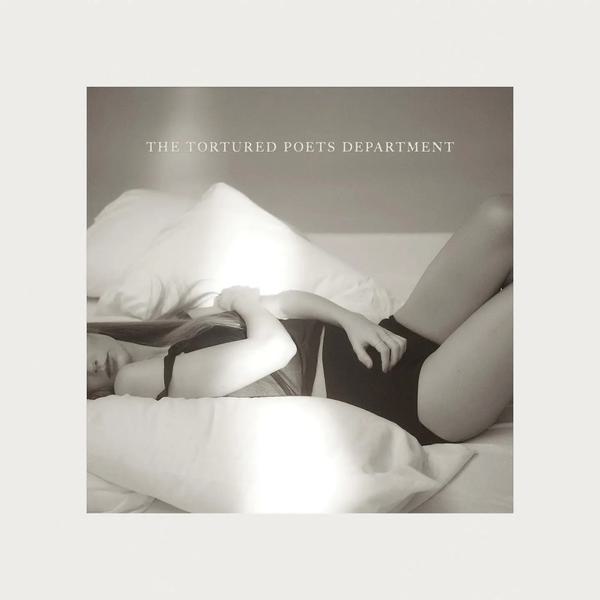
Taylor Swift
The Tortured Poets Department
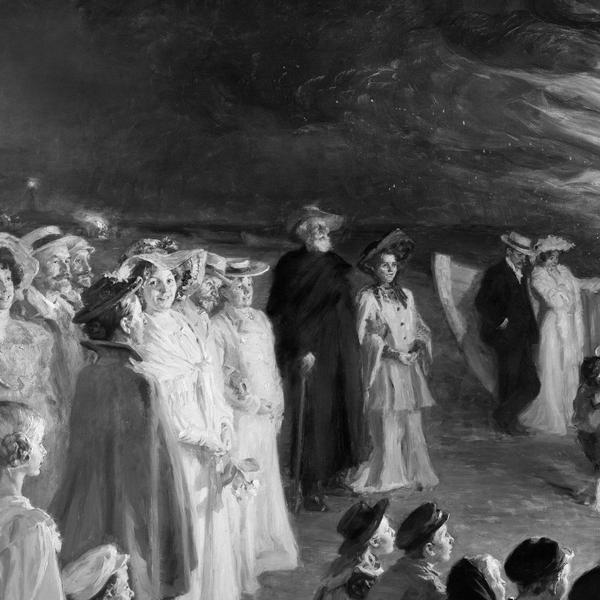
Chanel Beads
Your Day Will Come
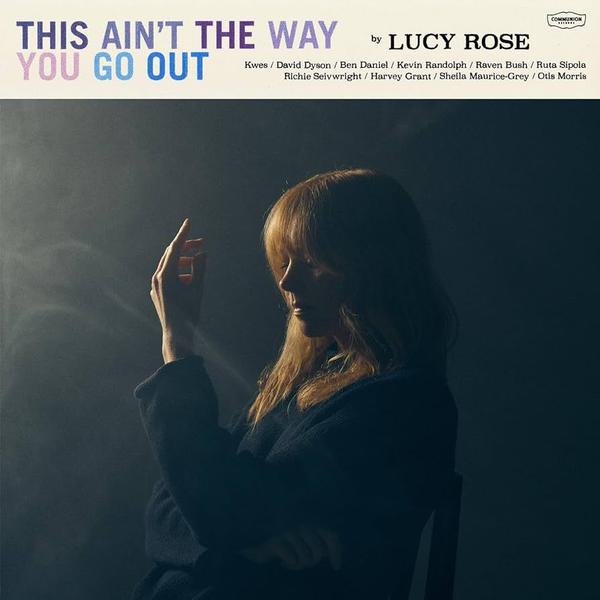
Lucy Rose
This Ain't The Way You Go Out
